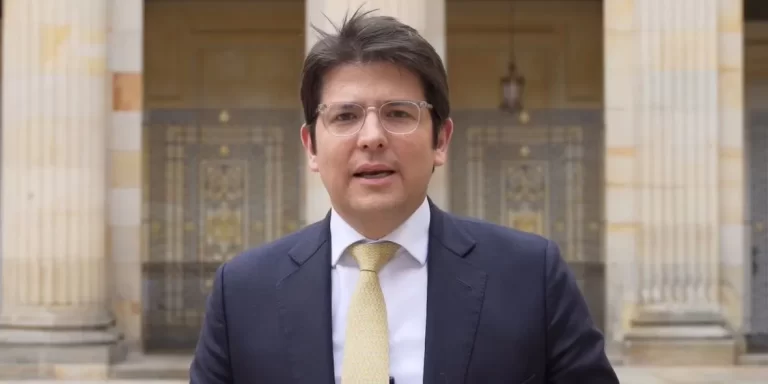[ad_1]
(Reuters) – Galvanize, a for-profit software coding school that has raised $63 million in venture funding, plans to lay off 11 percent of its workforce, the company said on Tuesday.
The five-year-old startup said the downsizing will affect 37 people at the company’s headquarters in Denver, effective Friday, Robin Olsen, a spokeswoman, said. Galvanize has approximately 350 employees.
The layoffs come as Galvanize shifts its focus to teaching online students and serving corporate clients, the company said in a statement.
“In order to adjust to evolving market demands we made the difficult decision to reduce our workforce today,” Galvanize said. “These actions are consistent with our overall strategy to build a more product-focused platform that enables a continuous learning environment.”
The layoffs come a month after two other so-called “coding boot camps,” Dev Bootcamp in San Francisco and Iron Yard of Greenville, South Carolina, announced plans to shut down by the end of 2017. In the past year, eight coding schools have closed, up from years past, according to review website Course Report. Currently there are 95 coding schools in the United States.
Coding boot camps are for-profit schools that promise to train students to be software engineers and land coveted tech jobs within a matter of weeks. The average tuition for the boot camps is $11,400, according to Course Report.
Last month, Galvanize announced that co-founder Jim Deters would step down as chief executive officer and become chairman. The company has not yet named Deters’ replacement.
Since 2011, the boot camps have raised more than $250 million, but the layoffs at Galvanize are the latest indicator that the companies may not live up to investor expectations, said Jeff Casimir, executive director of Turing School of Software & Design, a non-profit coding school in Denver.
“How could you (undertake an) IPO in an environment where programs are shutting down, or who would acquire that kind of company?” Casimir said. “Neither outcome seems likely.”
It is no longer enough to rely on a business model that is focused on teaching students in person, said Jake Schwartz, CEO and co-founder of New York’s General Assembly, which has raised $120 million in venture capital.
“It is very difficult to do this without getting to scale,” Schwartz said. “Scale is not just about geography, but it’s also about how many people can you reach and how many different ways can you reach them?”
Reporting by Salvador Rodriguez in San Francisco; Editing by Lisa Shumaker and Jeffrey Benkoe
[ad_2]
Source link






Leave a Reply